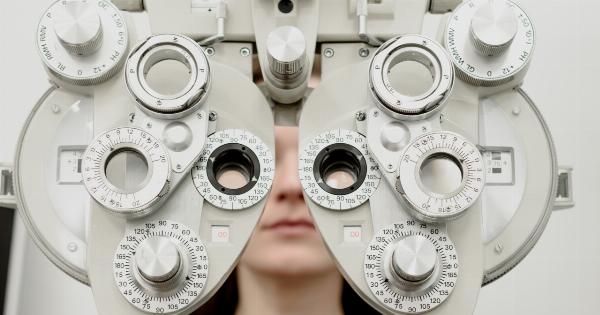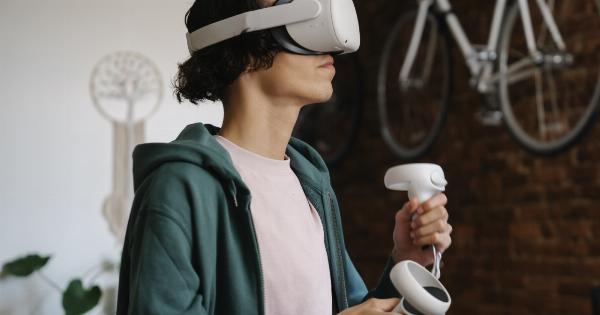The field of ophthalmology is constantly evolving with new technologies and treatments emerging on a regular basis. One such breakthrough is the revolutionary eye implant which is set to be debuted at an upcoming conference.
This implant has the potential to transform the way people with certain eye conditions live their lives, providing them with greater independence and a better quality of life. In this article, we will take a closer look at this revolutionary eye implant and what it means for the future of ophthalmology.
What is the Revolutionary Eye Implant?
The revolutionary eye implant is a tiny electronic device that is implanted behind the retina in the eye. It is designed to help people who have lost their vision due to a condition called retinitis pigmentosa, also known as RP.
This condition affects around 1 in 4,000 people worldwide and is a genetic disorder that causes the photoreceptor cells in the retina to degenerate over time. This results in a progressive loss of vision that eventually leads to blindness.
The implant works by stimulating the remaining healthy cells in the retina and sending the visual signals directly to the brain.
It consists of two main components, a tiny electrode array that is implanted behind the retina and a small external device that is worn on the outside of the eye. The external device communicates wirelessly with the implanted electrode array and provides power and control signals to the implant.
How Does the Revolutionary Eye Implant Work?
The revolutionary eye implant works by converting images from a camera into a series of electrical signals. These signals are then transmitted to the implant, where they are used to stimulate the remaining healthy cells in the retina.
The cells then send the visual signals to the brain, where they are interpreted as a series of images.
The implant is designed to provide people with some degree of visual perception, which can help them to navigate their environment and perform everyday tasks.
However, it is important to note that the implant does not restore normal vision and that people with the implant still have significant visual impairments.
What Are the Benefits of the Revolutionary Eye Implant?
The revolutionary eye implant has the potential to provide people with RP with a number of benefits. These include:.
- Improved mobility and independence
- Greater ability to perform everyday tasks
- Improved mental health and quality of life
Research has shown that people with RP who have received the implant have reported improvements in their ability to navigate their environment, perform everyday tasks, and overall quality of life.
While the implant does not restore normal vision, it does provide people with a degree of visual perception that can have a significant impact on their day-to-day lives.
What Are the Risks Associated with the Revolutionary Eye Implant?
As with any medical procedure, there are risks associated with the revolutionary eye implant. The most common risk is infection, which can occur during the surgery or in the weeks following the procedure.
Other risks include bleeding, retinal detachment, and damage to the eye.
It is important for people with RP to weigh the potential benefits of the implant against the risks before deciding to undergo the procedure.
They should also discuss the risks with their ophthalmologist and make an informed decision based on their individual circumstances.
What Is the Future of the Revolutionary Eye Implant?
The revolutionary eye implant is still in the early stages of development, but it has the potential to transform the lives of people with RP.
As more research is conducted and the technology improves, it is possible that the implant will become more widely available and could be used to treat other eye conditions as well.
It is also possible that the implant could be combined with other technologies, such as retinal gene therapy, to further improve its effectiveness and provide people with even greater visual perception.
The future of the revolutionary eye implant is bright, and it is an exciting time for the field of ophthalmology.
Conclusion
The revolutionary eye implant is a breakthrough in the field of ophthalmology that has the potential to transform the lives of people with RP.
While it does not restore normal vision, it provides people with a degree of visual perception that can have a significant impact on their day-to-day lives. As the technology improves and more research is conducted, it is possible that the implant will become more widely available and could be used to treat other eye conditions as well.





























